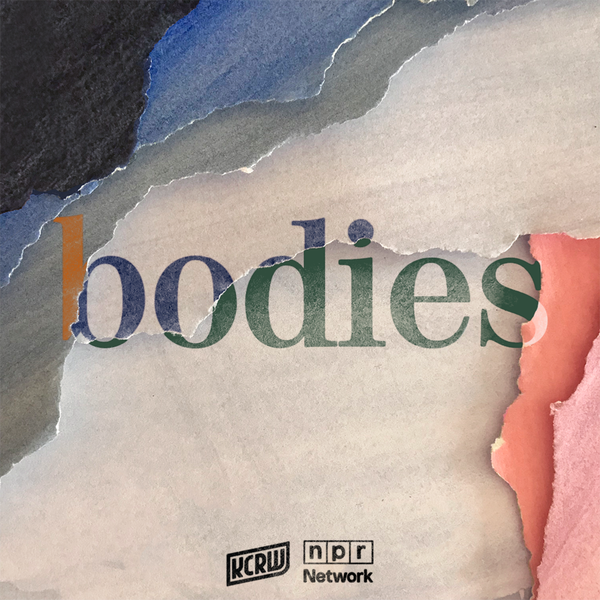
Bodies
KCRW, Allison Behringer
<p>Each episode of this documentary series begins with a medical mystery. Sometimes the sickness is in the body, and sometimes the sickness is in the system. Once you peel back the layers, more questions emerge. Created by Allison Behringer and supported by KCRW.</p>
- 42 minutes 38 secondsThe Fight for Abortion Training
The overturning of Roe v. Wade has severely restricted how doctors can access training in abortion care and it’s already having a devastating ripple effect on patients seeking all kinds of reproductive care. Two medical residents in abortion-restricted states fight for training and for the future health of their patients. Plus, the centuries-long battle over who gets access to abortion training in the first place. Transcript at kcrw.com/bodies.
7 June 2023, 2:30 pm - 43 minutes 38 secondsFrom This is Uncomfortable: The Price of Eggs
From This is Uncomfortable, we bring you the story of Ashleigh Griffin. She hoped the fertility industry could put her on the road to financial stability. But the decision to donate her eggs had some unexpected costs.
6 June 2023, 7:00 am - 42 minutes 32 secondsThe Fourth Trimester
Jess was overjoyed when she got pregnant. But after giving birth, her reality spiraled out of control. She didn’t know it, but she had postpartum psychosis, a mental health condition that occurs after about 1 in every 500 births.
Read the full transcript here.31 May 2023, 7:00 am - 34 minutesEarly Birds
Puberty is starting younger and younger, especially estrogen-dominant puberty. We talk to three kids and one teen about extra early puberty and the funny, scary, embarrassing and joyful experiences that come with it. Transcript at kcrw.com/bodies.
17 May 2023, 7:00 am - 35 minutes 47 secondsFrom Embodied: Child-Free not Childless
From the Embodied podcast, we bring you “Decided: Child-Free not Childless.” Embodied host Anita Rao has interrogated many aspects of parenthood. But how about the decision to become a parent at all? She talks with three women about making their child-free decisions and meets a psychotherapist who's devoted her career to helping people find clarity in that choice.
10 May 2023, 7:00 am - 30 minutes 31 secondsThe Great Beyond
Angelina Fanous has been living with ALS for nearly a decade. She is almost fully paralyzed and losing her ability to speak. As she prepares for death, she’s thinking about the story she’ll leave behind. Transcript at kcrw.com/bodies.
3 May 2023, 7:00 am - 36 minutes 17 secondsDiverging
No matter how hard producer Hannah Harris Green tried, there were certain areas of life where she found herself to be deficient. Until she realized that a diagnosis could help relieve her shame instead of adding to it. Transcript at kcrw.com/bodies.
26 April 2023, 7:00 am - 28 minutes 46 secondsTouch
A vending machine ritual, a life-changing massage, a spiffy velvet outfit and a belly full of caterpillars. Four stories of touch. Transcript at kcrw.com/bodies.
19 April 2023, 7:00 am - 2 minutes 41 secondsTrailer: Season 4
Sneak peek: Bodies, new season 4 is full of medical mysteries and self-discovery. New episodes coming April 19.
5 April 2023, 7:00 am - 30 minutes 35 secondsReading the Signs of your Body
Growing up and going through puberty, the only thing many of us learned about the menstrual cycle was the period part. But there’s so much more to it. How charting the cycle’s fertile signs can be the basis for an effective method of contraception. And, how it saved a woman’s pregnancy.
1 December 2021, 8:00 am - 38 minutes 37 secondsNot your average
This week, the FDA will make a decision on whether or not to approve the first ever treatment for achondroplasia, the most common form of dwarfism. But not everyone is celebrating. This controversial treatment is forcing parents of children with achondroplasia to grapple with an age-old question: What’s best for my child?
17 November 2021, 8:00 am - More Episodes? Get the App